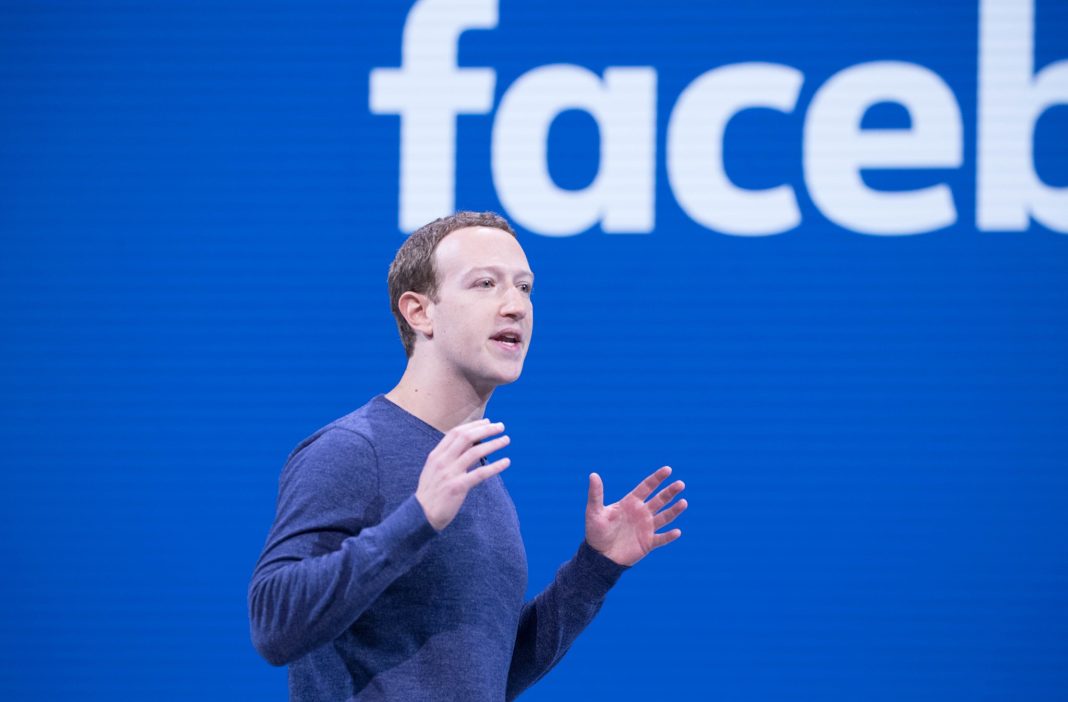News hit earlier this week of the possible rebranding of Facebook. The unconfirmed but likely reason to be offered by the company is to emphasize its focus on virtual- and augmented-reality products in a push to create a science fiction-style “metaverse.”
The timing of the story is likely to draw attention from the terrible time the company’s been going through. The bad news included a major outage of the company’s services for several hours, a damning episode of 60 Minutes and follow-up congressional testimony of their misuse of its algorithm, as well as a rumored (and likely nonexistent) breach of 1.5 billion user records.
It’s difficult to say with any certainty which reason is more likely to be true. Mark Zuckerberg and Facebook are prone, as many Big Tech companies are, to observe a code of omerta regarding their inner workings.
That said, Facebook made a significant investment in Oculus Rift VR technology. It has also committed thousands of employees to further AR-related projects. In addition to other developments in the hardware space, the company has entered into a partnership with Ray-Ban eyewear to make a line of “smart” eyewear.
Facebook’s reputation has taken a beating in recent years, with one Axios poll ranking it 98 out of a 100 in this year’s corporate reputation rankings, ahead of Fox Corporation and The Trump Organization. Since its early days as a seemingly harmless way to reconnect with friends, relatives and classmates, Facebook has been an epicenter for scandal. Cambridge Analytica and election result manipulation was just one of many instances that include Covid misinformation, tacitly aiding genocide campaigns worldwide and psychologically damaging teenagers for profit.
All this goes to say, trying to rebrand itself after years of negative publicity does certainly make sense.
Rebranding after negative publicity is nothing new. Tobacco giant Phillip Morris became Altria in 2003 after a tsunami of lawsuits and whistleblower complaints. So did pharmaceutical manufacturer Valeant, which became Bausch Health in 2018 after allegations of accounting irregularities and price fixing. British Petroleum rebranded itself as “Beyond Petroleum,” which went over like a beached whale in the wake of multiple high-profile oil spills in 2006 and 2010.
Of course many companies have successfully used name changes to communicate a broader focus. The most visible example of this being Google, which despite being no stranger to controversy, renamed itself Alphabet to reflect the broader range of technology products than the search and data-centric offerings associated with the Google brand.
Will it work? Facebook has struggled to implement many of its big ideas. New product lines have fallen short, and there is a persistent distrust of the company. When they tried to create a cryptocurrency, it was quickly scaled back after losing their partnerships with Stripe, Mastercard, Visa and eBay. The Portal home assistant has been widely panned for privacy concerns, and its attempted rollout of a meeting platform has been ridiculed as bringing “the worst of in-person office life to virtual reality.” For a company with a user base of 2.8 billion, its record of products developed in-house rather than acquired (e.g. WhatsApp or Instagram) is checkered at best.
One thing for sure is that Mark Zuckerberg and Facebook have a long way to go to rebuild trust with its customer base. Until it can roll out several concrete reforms, its reputation as a platform for misinformation and deceit will prevail. Futuristic whiz-bang is not the answer.










